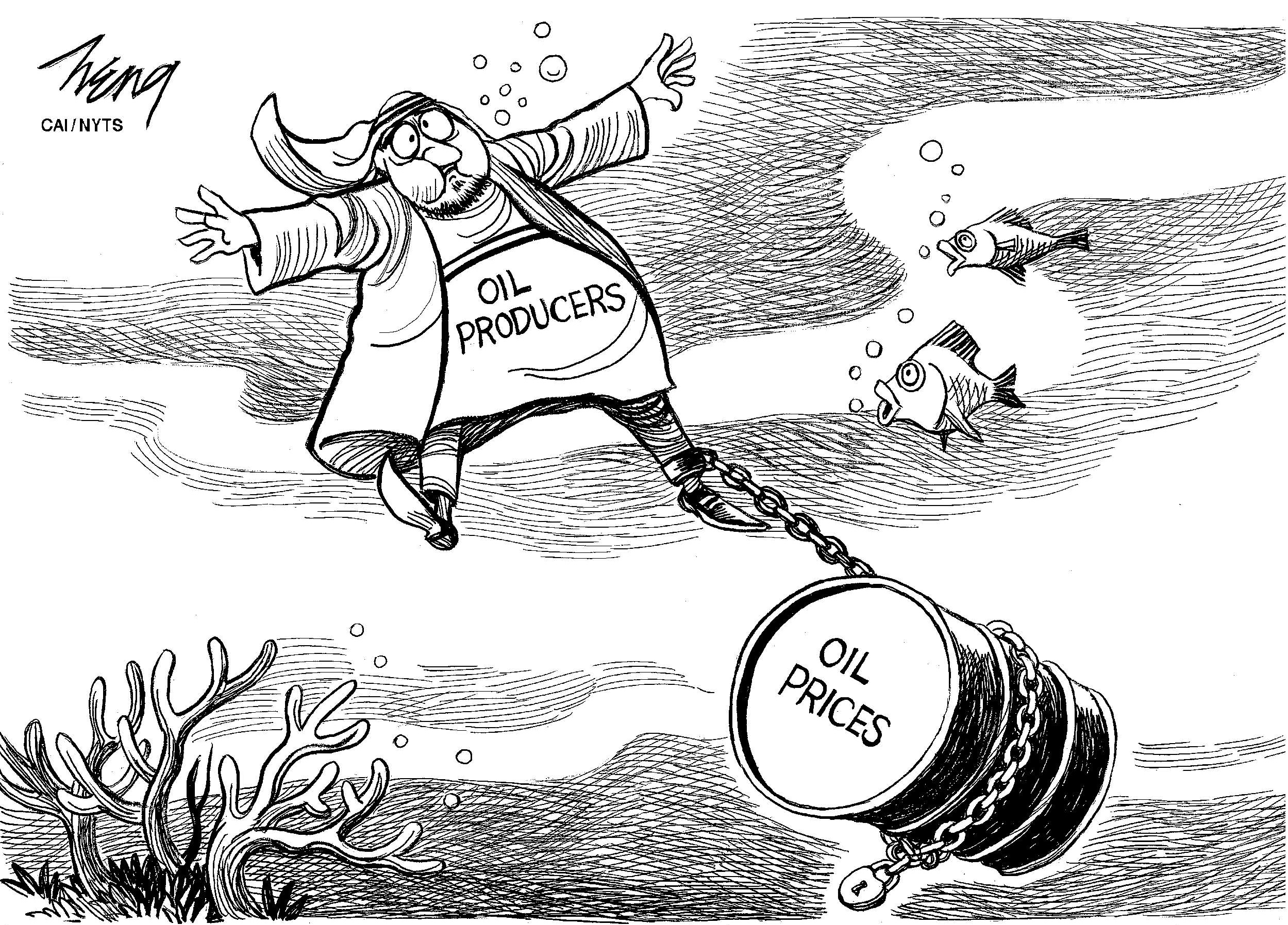Price movements as large and rapid as those that have upended oil markets since June 2014 are sure to cause pain to some and benefit others. Though the pain tends to capture the most attention, the benefit is just as important — if not more so. The 70 percent drop in the price of a barrel of crude represents a colossal transfer of $3 trillion in annual income from oil producers to oil consumers.
As a result, while sliding equity markets and a further decline in oil (and other commodity) prices have sparked much talk of another global recession, dire predictions are likely to prove overly gloomy and misdirected. To be sure, the dramatic drop in the price of oil will produce winners and losers. But the biggest dangers will be political, not economic.
The shift in fortunes can perhaps best be seen on the boarding passes of International Monetary Fund officials. Rather than going to Athens, they are now heading for Baku. Indeed, Central Asia's oil-producing dictatorships, including Azerbaijan, have been among the countries hardest hit by the drop in prices — especially because, as ex-Soviet states, they remain heavily dependent on trade with Russia, another oil producer.


















With your current subscription plan you can comment on stories. However, before writing your first comment, please create a display name in the Profile section of your subscriber account page.